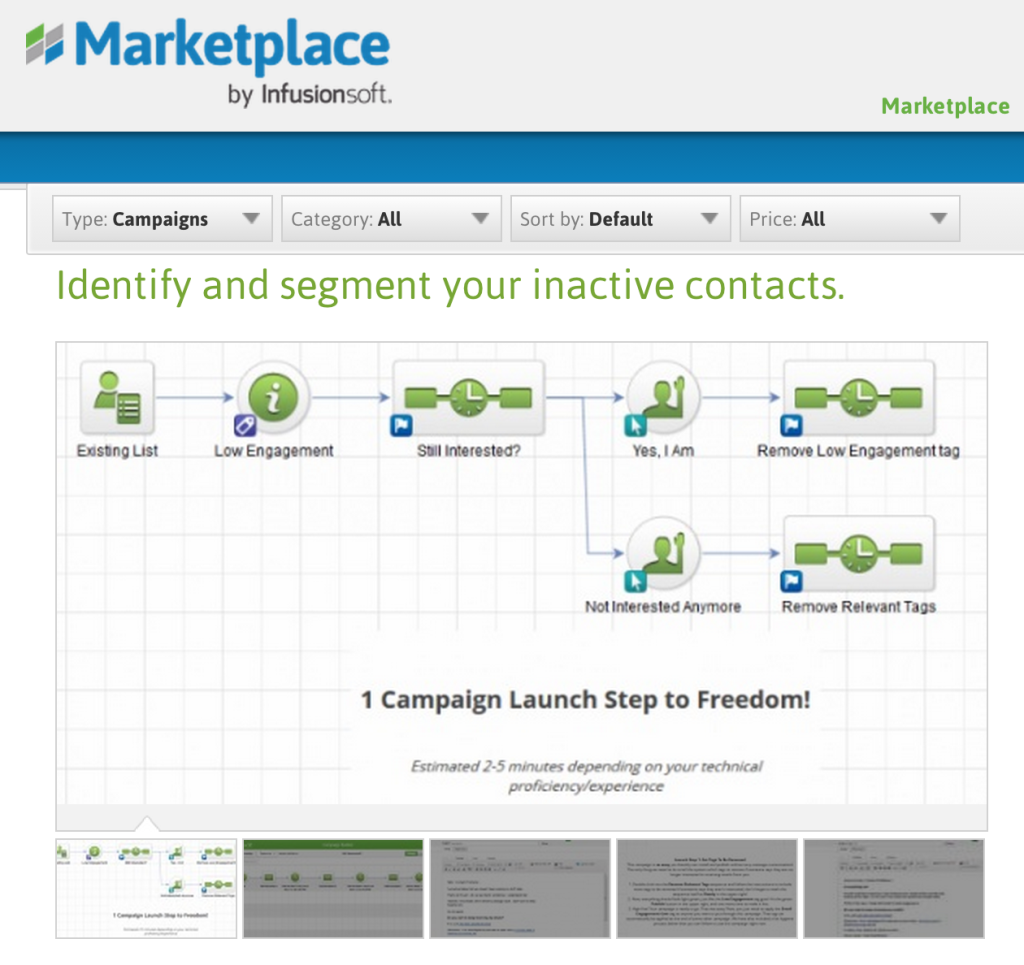If you ever send email to Canadian citizens, you should know about Canada’s Anti-Spam Legislation. CASL, which went into effect in 2014, makes it crucial to obtain explicit consent for email marketing. The law affects any person and business sending email to Canadian citizens. Here’s what you need to know.
What is CASL?
CASL is one of the most aggressive anti-spam laws in the world. The law is part of Canada’s attempt to deter the most damaging and deceptive forms of spam, like identity theft, phishing, and spyware. Unlike the United States’ CAN-SPAM Act, which accepts an opt-out model, the Canadian law requires an opt-in model. This means you must have explicit (not implied) permission from the recipient in order to send marketing emails to anyone in Canada. Click here for more information on CASL, and read the full text of the law here.
What could happen if I violate CASL?
The penalties are steep—up to $10 million per violation. The Canadian government can bring suit against violators. Starting in 2017, CASL empowers Canadian citizens to personally take legal action against you and your business. This legislation could open you and your business entities up to potential personal liabilities, ranging from civil damages to monetary penalties to criminal charges.
The best way to protect yourself is to obtain an affirmative double opt-in from your Canadian recipients. Although the law went live in 2014, senders have a three-year grace period to obtain explicit consent from their Canadian recipients.
Because it may be difficult to determine which contacts in your database are located in Canada, Infusionsoft encourages you to obtain a double opt-in from your entire database. This is a best practice for email marketing and will ensure you are in total compliance with all Canadian and U.S. spam laws on this issue. If you’re an Infusionsoft user, you can download a free “Clean Your Contact List” campaign, visit the Infusionsoft Marketplace.
Modify this campaign and use it to audit your existing list. To be CASL compliant, discontinue marketing to contacts who do not reconfirm interest in receiving your emails.
Moving forward, make sure you have a mailing list sign-up form on your website and send a double opt-in email with a confirmation link after they’ve signed up. If you’re an Infusionsoft user, see this article on creating an automated email confirmation email sequence for new subscribers. To learn more strategies about preventing your emails from being marked as spam, read this e-book, Maximize Your Email Deliverability.
What about implied consent?
While the law does allow for implied consent in certain instances (such as a customer purchasing a product from you), this consent expires after two years. You should always strive to obtain explicit consent through a double opt-in regardless of the circumstances because this explicit consent doesn’t expire.
Keep in mind that this article is not legal advice. We encourage you to research CASL fully and obtain legal counsel if you feel you may be impacted by CASL.


